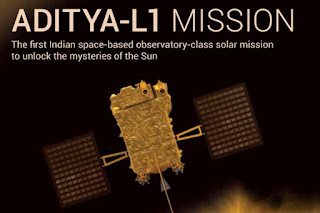Earth is the third planet from the Sun in our solar system and is the only known planet to support life. It has a diverse range of ecosystems, including oceans, forests, deserts, and more. The planet has a thin layer of atmosphere that consists mainly of nitrogen, oxygen, and trace amounts of other gases. Earth has a solid outer layer called the crust, beneath which lies a mantle and a core composed of iron and nickel.
With a diameter of about 12,742 kilometers (7,918 miles), Earth has a relatively moderate climate and is characterized by its varied geography, including mountains, valleys, plains, and bodies of water. It orbits the Sun at an average distance of about 149.6 million kilometers (93 million miles) and takes approximately 365.25 days to complete one orbit, defining our concept of a year.
The presence of liquid water on Earth's surface is a critical factor that has allowed for the development of life as we know it. The planet is home to a wide array of organisms, ranging from microorganisms to complex multicellular life forms. Human civilization has flourished on Earth for thousands of years, shaping the planet's landscapes and ecosystems in various ways.
Overall, Earth is a remarkable and unique planet in our solar system, providing a suitable environment for a rich tapestry of life and diverse natural processes.


No comments:
Post a Comment